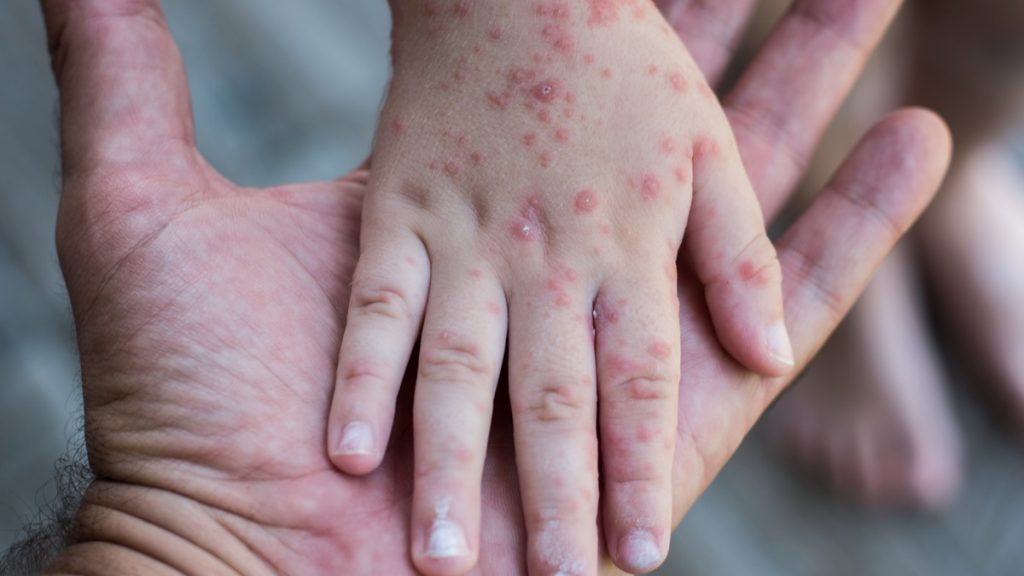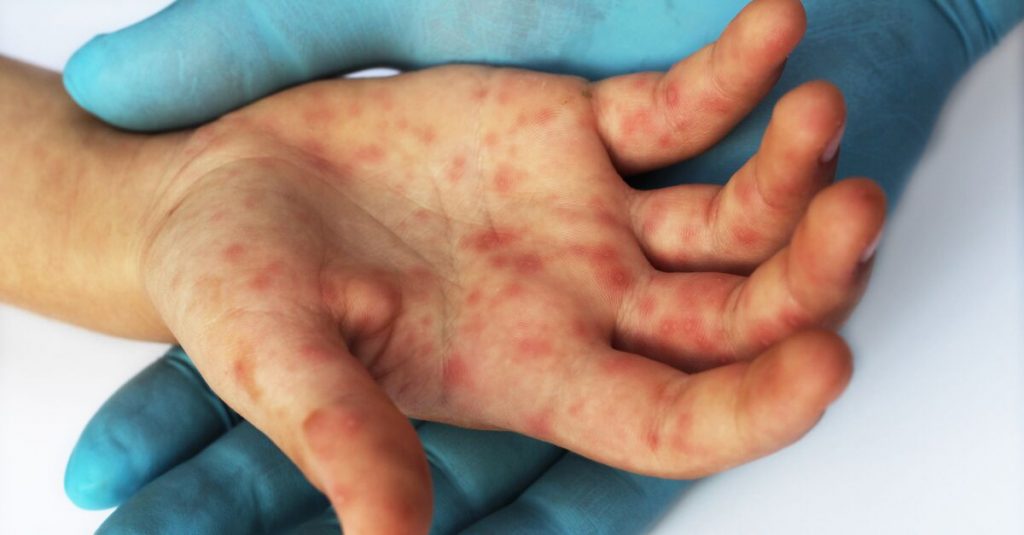
If the coronavirus is currently at the heart of all health concerns, we must not forget that other diseases are still wreaking havoc around the world. Among them we can cite measles. According to the observation of international health officials, this disease continues to claim more and more victims.
50% rise in measles-related deaths
The number of cases of measles-related infection and deaths caused by the disease have increased dramatically over the past year. Specifically, the highest number of measles cases in 23 years was recorded in 2019, jointly reported theWorld Health Organization and the Centers for Disease Control and Prevention (CDC) of the United States in a new report. Measles cases worldwide jumped to 869,770 in 2019, causing 207,500 deaths; i.e. a 50% increase in measles mortality since 2016.
This is a sad finding after the efforts made between 2010 and 2016 to fight this disease. With the end of these six years of efforts, measles-related cases and deaths have continued to increase. According to the WHO and CDC report, this increase is linked to the inability to immunize children on time with two doses of the measles vaccine, namely MCV1 and MCV2. In addition, the countries that have suffered the most from large measles outbreaks are the Democratic Republic of the Congo, Madagascar, the Central African Republic, Georgia, Kazakhstan, North Macedonia, Samoa, Tonga and Ukraine.
Faced with this problem, the WHO called for solidarity to slow the spread of the disease. ” We know how to prevent measles outbreaks and resulting deaths ”, Said Dr Tedros Adhanom Ghebreyesus, Director-General of WHO, in a statement. ” These data clearly show that in all parts of the world we are failing to protect children from measles. We must act together to help countries and inspire communities to immunize everyone, everywhere, against measles and stop this deadly virus. “

Vaccination efforts slowed by pandemic and mistrust of vaccines
The WHO has also clarified that the current struggle to deal with the Covid-19 pandemic must not hamper efforts on measles. Although there were fewer cases in 2020, the coronavirus pandemic has further slowed measles vaccination efforts. According to UNICEF data, more than 94 million people at risk lacked measles vaccines in 26 countries during the pandemic. This is in particular due to the interruption of vaccination campaigns because of health measures to fight against Covid-19, as well as the resulting health, social and economic crises.
” Before there was a coronavirus crisis, the world was in the grip of a measles crisis, and she was not gone “, Recalled Henrietta Fore, Executive Director of UNICEF, in a statement. ” As healthcare systems are strained by the Covid-19 pandemic, we must not allow our fight against one deadly disease to come at the expense of our fight against another. If the pandemic explains the vaccination problems in some countries, this is not the case in many European countries. On this side, it is especially the mistrust of vaccines that must be taken into account. This is particularly true in France where nearly 70% of people do not believe vaccines are safe and 65% do not believe in their effectiveness, according to a survey by The Lancet.

